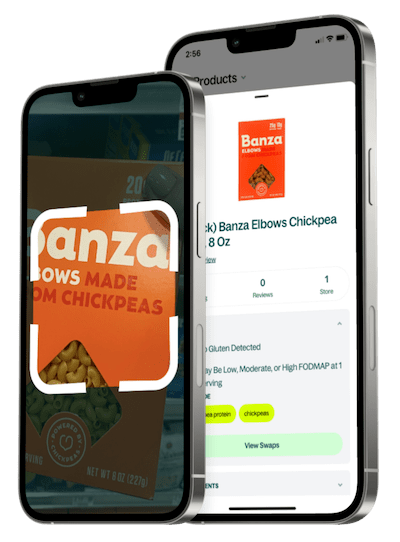Is Similac Pro Advance Dairy Free?


Ingredients
Fibre / Fibres, 2'-fucosyllactose (2'-FL), Ash / Cendres, Inositol, Lutein / Lutéine, Nucleotide Equivalents, Équivalents nucléotidiques., Vitamin A/Vitamine A, Vitamin D/Vitamine D, Vitamin E/Vitamine E, Vitamin K/Vitamine K, Vitamin C/Vitamine C, Thiamine, Riboflavin / Riboflavine, Niacin / Niacine, Vitamin B6 / Vitamine B6, Folic Acid / Acide folique, Vitamin B12 / Vitamine B12, Pantothenic Acid, Acide pantothénique., Biotin / Biotine, Choline, Sodium, Potassium, Chloride / Chlorure, Calcium, Phosphorus / Phosphore, Magnesium / Magnésium, Iron / Fer, Zinc, Iodine / Iode, Copper / Cuivre, Manganese / Manganèse, Selenium / Sélénium, Energy / Énergie, Protein / Protéines, Taurine, Carnitine, Tryptophan / Tryptophane, Fat / Lipides, Linoleic Acid / Acide linoléique, Linolenic Acid / Acide linolénique, Arachidonic Acid, Acide arachidonique (ARA), Docosahexaenoic Acid (DHA), Acide docosahexaénoïque (ADH), Carbohydrate / Glucides
What is a Dairy Free diet?
A dairy-free diet eliminates all foods made from or containing milk and milk-derived ingredients, such as butter, cheese, yogurt, and cream. It's essential for people with lactose intolerance, milk allergies, or those who prefer plant-based alternatives. Common dairy substitutes include almond, soy, oat, and coconut-based milks and cheeses. While dairy is a major source of calcium and vitamin D, these nutrients can be replaced through fortified foods or supplements. Many people find going dairy-free helps reduce digestive issues, acne, or inflammation, but balance and proper nutrient intake remain key for long-term health.


